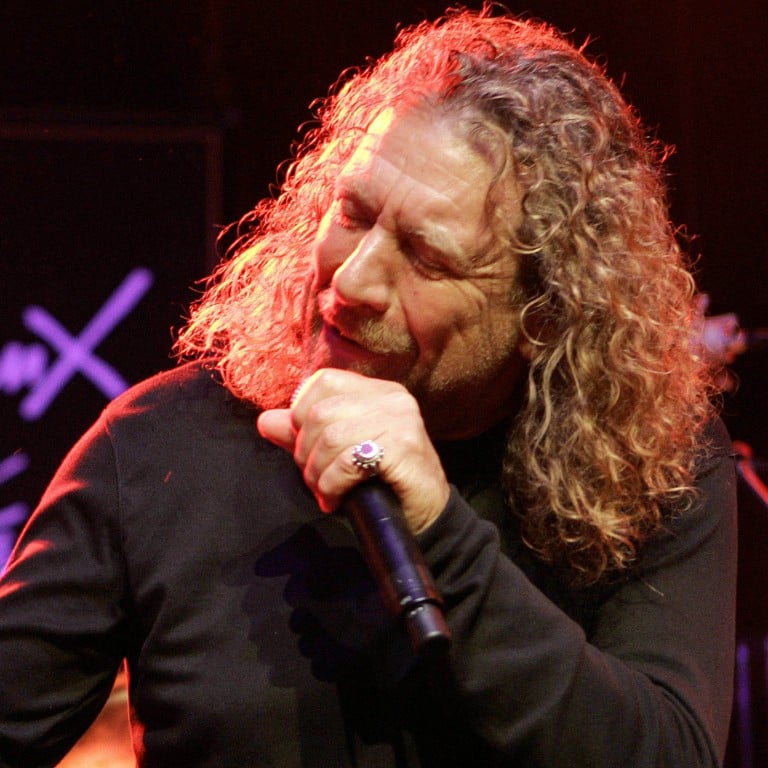
Montreux Jazz Festival expands to China amid tight coronavirus restrictions in its homeland
- Usually held on the shores of Lake Geneva, in Switzerland, the Montreux Jazz Festival will also be staged beside Hangzhou’s West Lake this year
- Intended to become a regular event in China, the West Lake festival will host audiences of up to 6,000 for live concerts featuring some 20 bands
It’s October 2021. Thousands of jazz fans mingle beside a world-famous lake in a city steeped in history as one of Europe’s premier music festivals bursts exuberantly into life after having been silenced by the coronavirus pandemic.
The Montreux Jazz Festival is back – although not just in its traditional home, on the shores of Switzerland’s Lake Geneva, but also alongside West Lake, in Hangzhou. The famous event, whose past performers have included Nina Simone, BB King and Ella Fitzgerald, is being given a new lease of life in China.
In a world turned upside down by Covid-19, the half-century old festival is being held in a reduced, online-offline format in Switzerland in July, with a maximum audience size of 600, after being cancelled altogether in 2020. However, live audiences of up to 6,000 people and an online audience of up to two million are expected for its China debut, from October 4 to 8.
Around 20 bands will perform live over the five days in Hangzhou, while foreign bands and musicians will have recorded concerts using 360-degree immersive audio technology that will be shown on stage at the festival.
Seventy per cent of the acts performing live will be Chinese, the remaining 30 per cent Western musicians based in China. Acts so far confirmed to appear either live or digitally include Laura Fygi, Lawrence Ku and Luo Ning, as well as Hong Kong (or Hong Kong-born) trio Eugene Pao, Alan Kwan and Teriver Cheung.
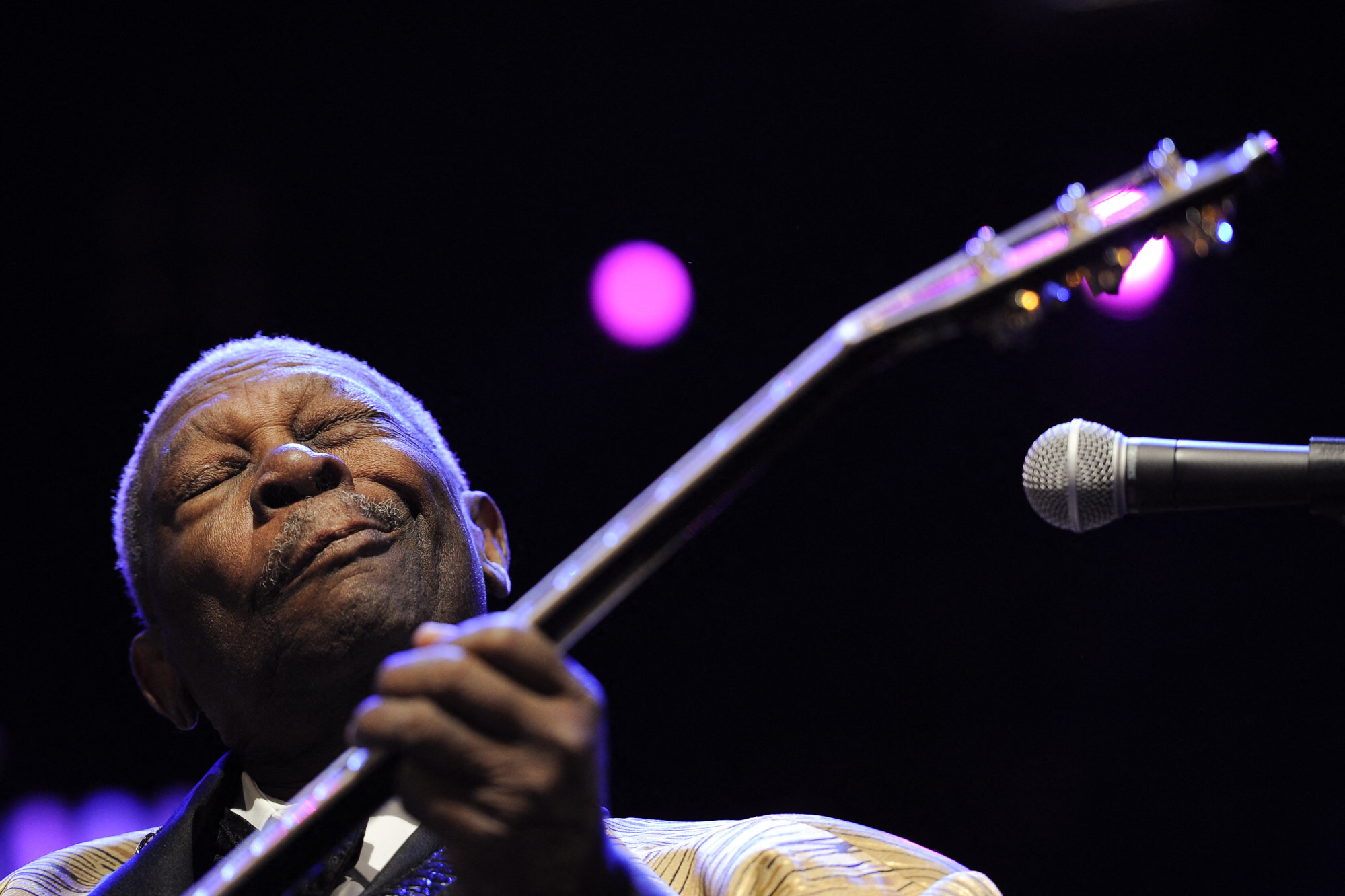
Organisers hope this will be the first of many Montreux Jazz Festivals to be staged in China and say that, when travel is possible again, the percentage of overseas live performers will be around 70 per cent of the total in what should become an annual event.
There have been overseas editions of the Montreux Jazz Festival before – in Rio de Janeiro, Brazil and Tokyo, Japan, where there were already firmly established jazz cultures – but this autumn’s event in Hangzhou is its boldest cultural detour yet.
Advance tickets for No 1 Hong Kong music festival Clockenflap on sale
China, after all, is a country where jazz was effectively banned under Mao Zedong, and the genre’s associations with free expression, improvisation and civil rights movements might appear to be at odds with an authoritarian, one-party state. But festival CEO Joyce Peng Peng, who has run music bars and championed jazz in Hong Kong for more than 15 years, insists that “music crosses cultural bridges. At the end of the day, it is music – and in China, jazz is more a lifestyle. It is music and it is going out.”
Asked if the programme has attracted the attention of the censors, she says: “We have not encountered any censorship yet. Our experience with government officials is that they are extremely supportive, extremely positive and they think it is a really cool music culture. We have met only support so far.”
Peng and her husband, Ernst-Jan Tolen, organised a Jazz-on-the-Lake festival at the Hangzhou International Expo Centre in 2019 that was attended by the head of the Montreux Jazz Festival, which set the ball rolling for an edition of the world-famous festival to be staged in the city.
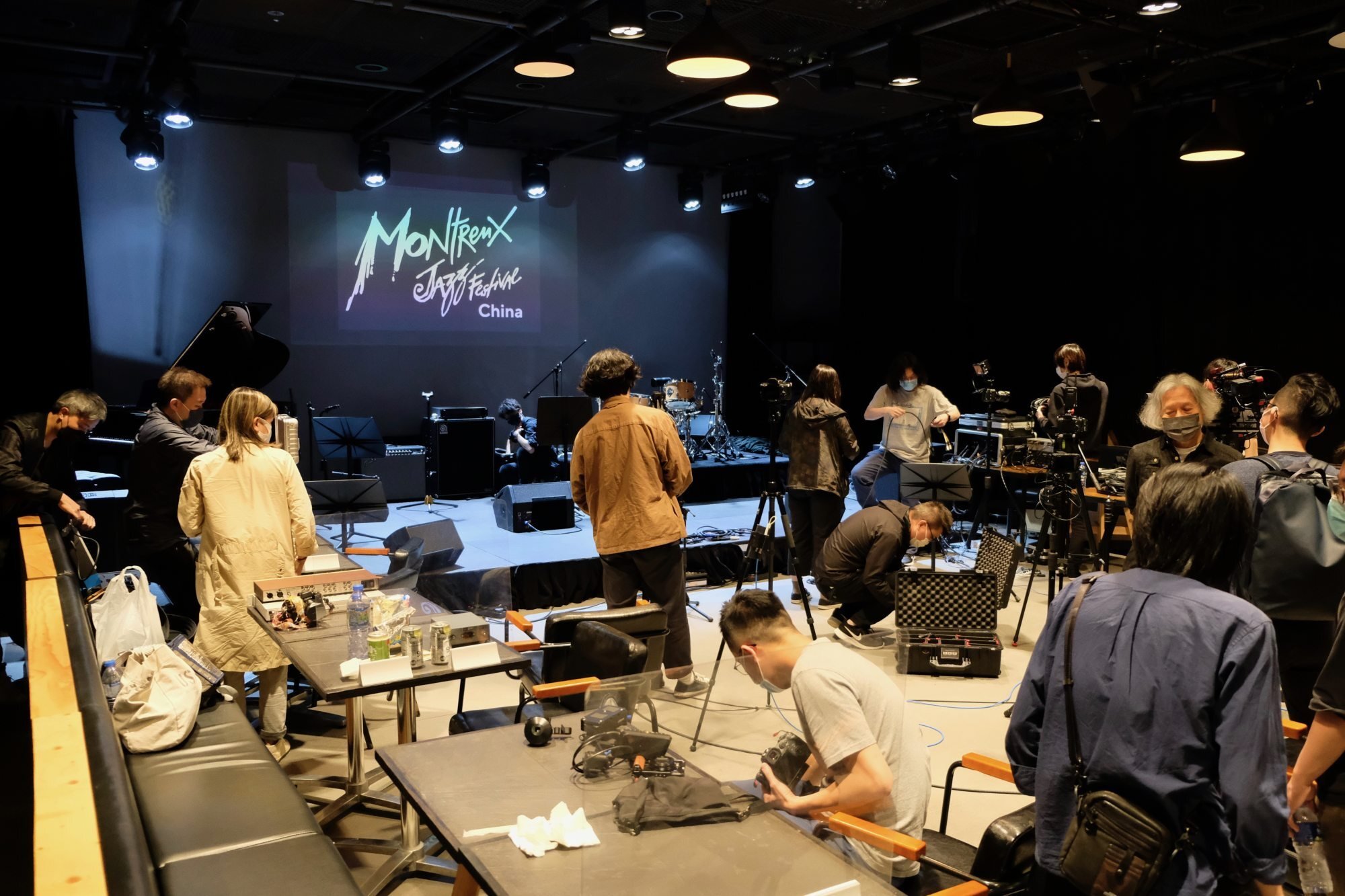
“We invited [chief operating officer] Yohann Mathieu to the Jazz-on-the-Lake Festival,” says Tolen. “We were able to convince him and CEO Mathieu Jaton that our team is capable of organising and running an international music festival that meets the very highest standards.
“After that, things happened quickly. The first edition of the Montreux Jazz Festival China was already planned for the fall of 2020, but then the pandemic came and brought everything to a standstill in the music events industry worldwide.”
A press conference to announce the October 2021 event was held on Friday, just days after it was announced that the European edition of the Montreux Jazz Festival had been cancelled for a second year because of the virus.
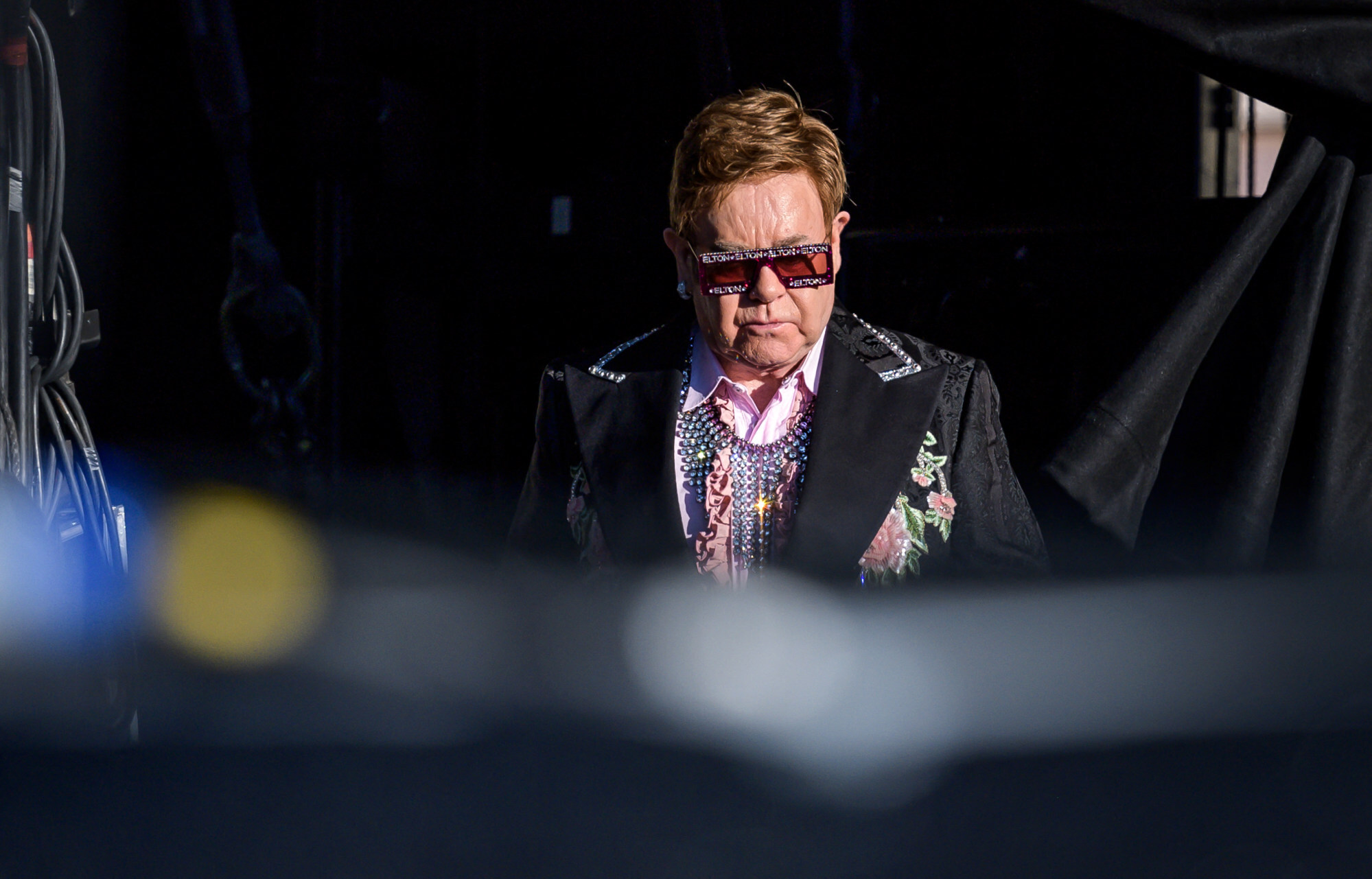
“People say, ‘You cannot hold a festival in these times,’ and that may be true for the rest of the world, but not for China,” says Peng. “Because of the extremely strict and efficient measures, Covid-19 is under control here and life is normal.”
The Montreux Jazz Festival has for decades given over some of its stage time to non-jazz acts – Frank Zappa, Led Zeppelin, Pink Floyd and Deep Purple have all appeared at the Swiss event, as have David Bowie, New Order and Elvis Costello – and the Hangzhou event is keeping up that tradition.
Among the live acts will be Beijing-based Inner Mongolian band Hanggai, who perform punk-style folk songs in Mandarin and Mongolian and employ the Mongolian art of throat singing, in which singers deliver two pitches simultaneously.
We want to position the Montreux Jazz Festival China as an attraction in Hangzhou in coming years and make it the place to be
Live performances will be combined with digital performances at the festival, bringing international artists to the stage both solo and playing with Chinese musicians remotely.
“We will merge illusion and reality, and it will offer visitors a unique experience,” says Tolen. “These are things we will also do in the future. It’s not just that we have a digital strategy this year because of the pandemic; we want to organise a music festival of the future including all these digital and virtual elements.”
Peng hopes this year’s event will be a “small but perfect festival” that will “contribute to a better understanding of China in the West and, conversely, create more understanding about the West in China, and, of course, make Switzerland and Montreux better known in China.
“We want to position the Montreux Jazz Festival China as an attraction in Hangzhou in coming years and make it the place to be.”
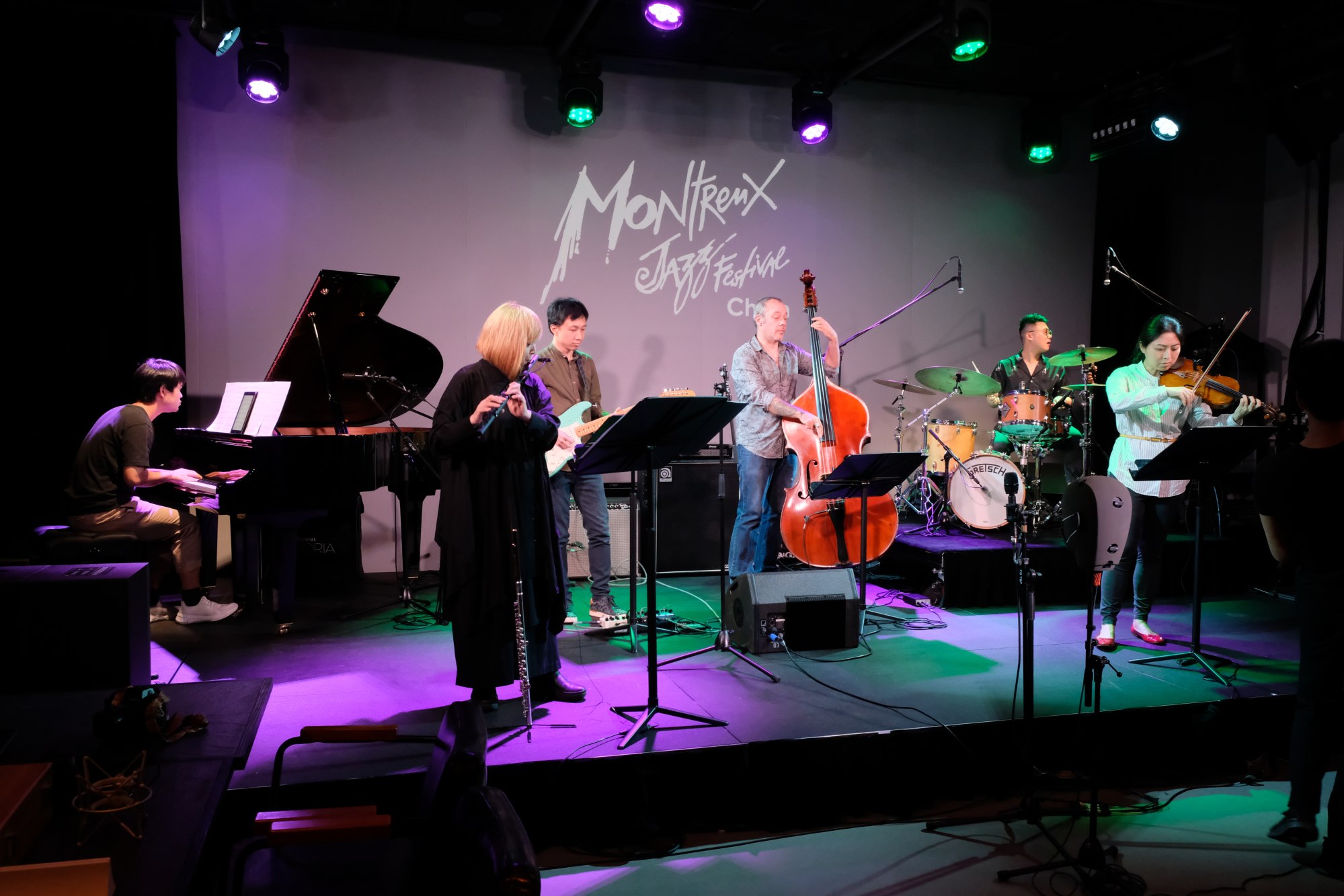
US-based musician and academic Eugene Marlow, author of the book Jazz in China (2018), which is being turned into a documentary, says the Hangzhou festival is “yet another step in the East-meets-West evolution of jazz in China”.
“Jazz in China as music in dance halls has been around since the early 1920s, especially in Shanghai,” he says, by email. “When Mao and the Communist Party established the People’s Republic in 1949, all things Western were banned, including jazz and the dance halls.
“In the late 1970s, however, jazz began to flourish once more. There are now dozens of jazz clubs all over China, in Beijing, Shanghai, Shenzhen, Beishan and Guangzhou.”
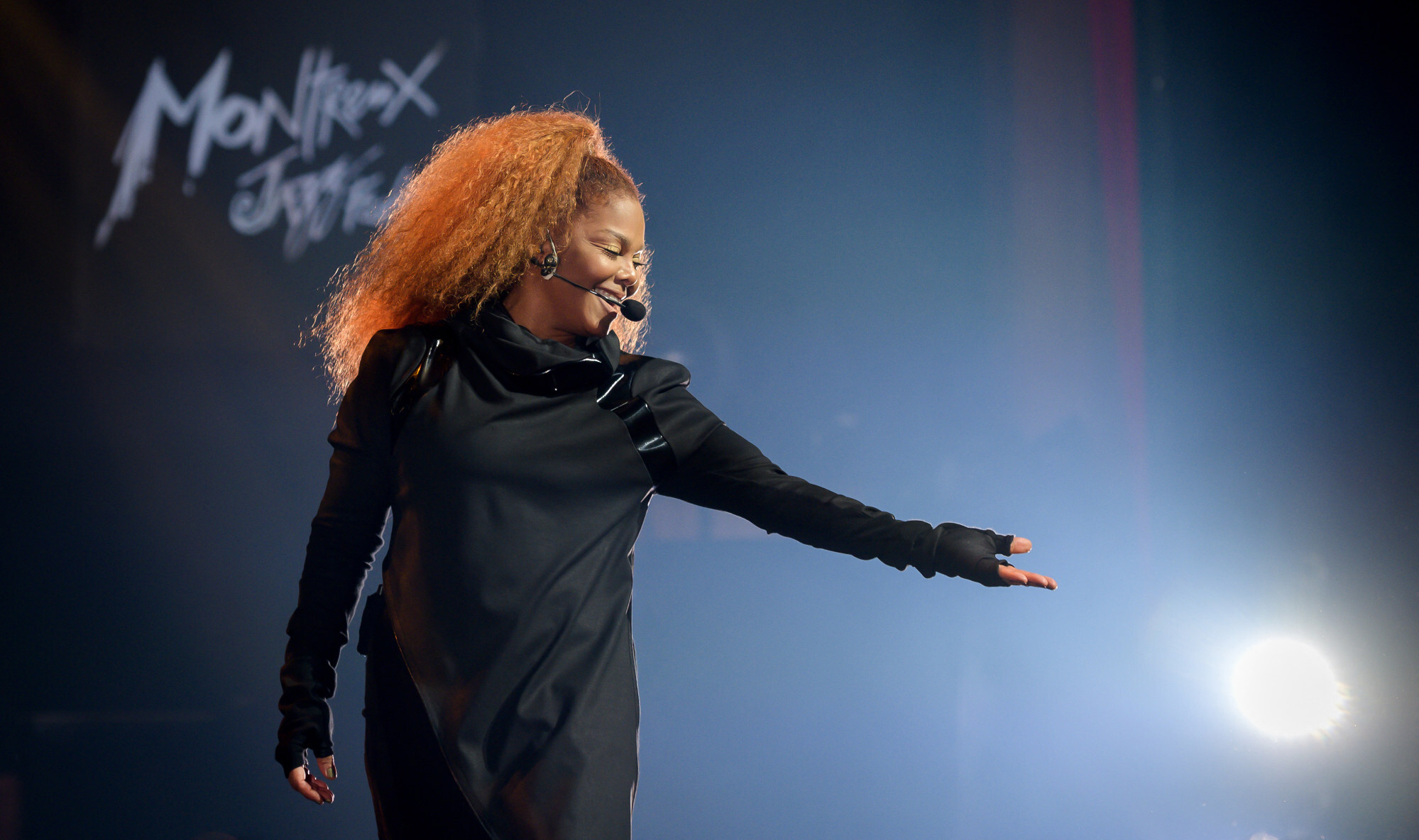
Marlow dismisses the suggestion that jazz is incompatible with modern China, arguing that – with a few exceptions, such as Billie Holiday’s song Strange Fruit – gospel music rather than jazz was the soundtrack of the US civil rights movement.
In many respects, he suggests, jazz music is in tune with China’s pace of development and its “adoption and adaption of Western-style capitalism”.
“Overall, jazz is a freedom of individual expression genre,” he says. “The growth of jazz in China as a mode of individual expression goes hand in hand with the observable evolution of entrepreneurialism in China.”
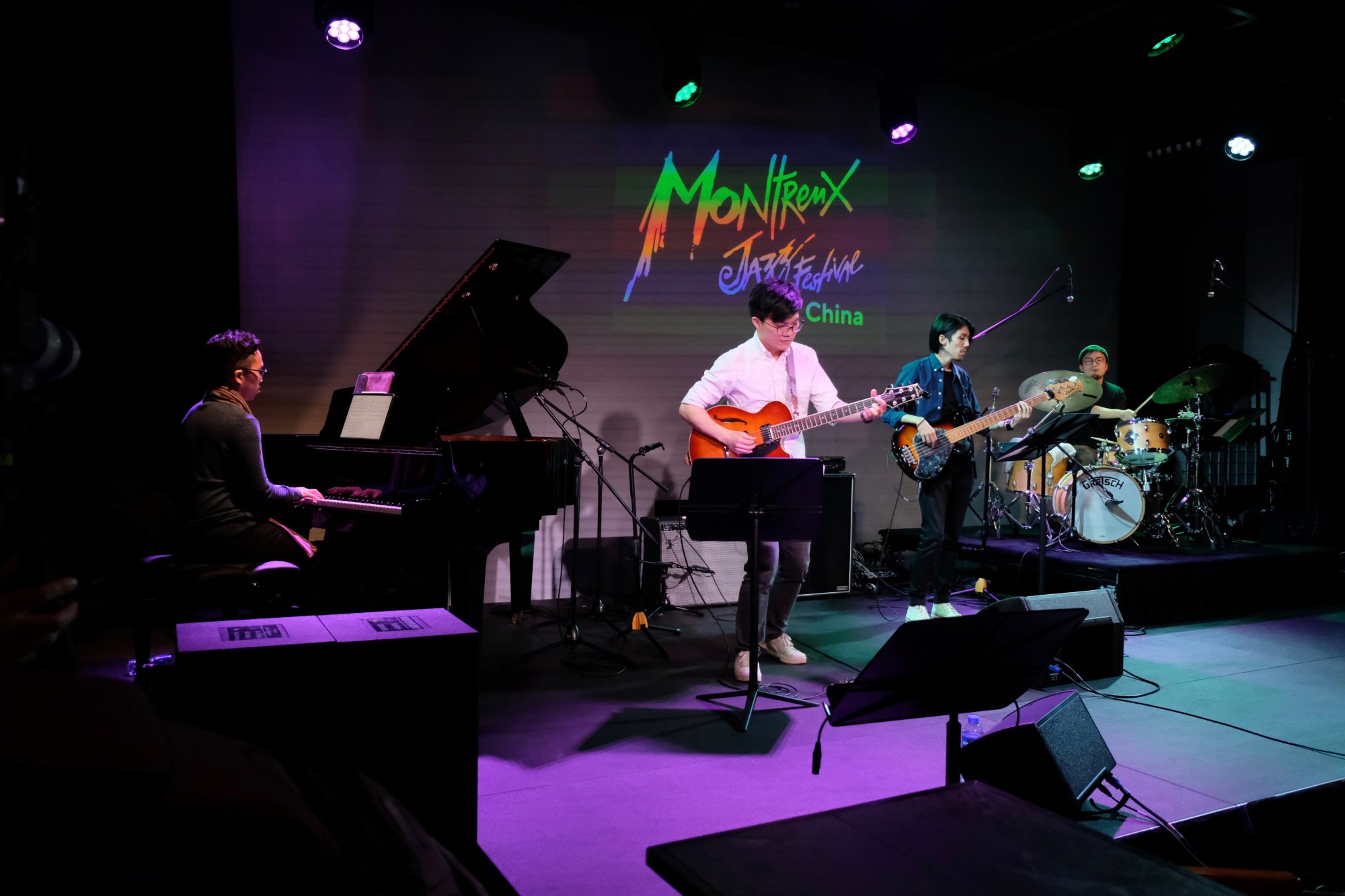
What’s more, he points out, jazz has a far younger audience in China.
“The evidence is bountiful. Go to any jazz club in any major Chinese city or attend any of the several [existing] annual jazz festivals in China and you’ll observe young people in their 20s and 30s listening to and enjoying the artistic freedom of jazz.”
This article has been updated to reflect the fact that this year’s Montreux Jazz Festival, in Switzerland, will go ahead mainly online but has not been cancelled, as original stated.

